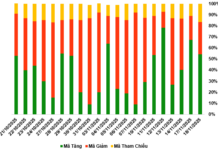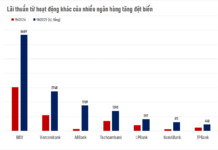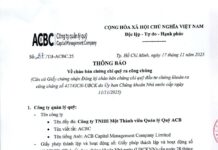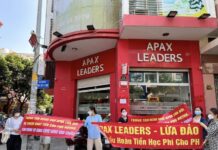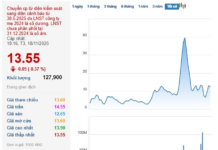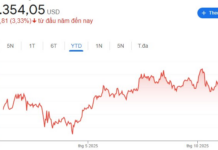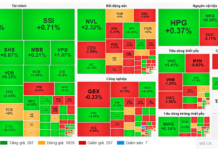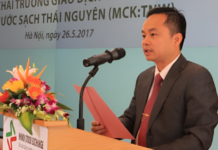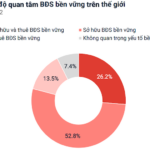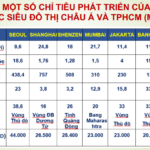Remittances Outperform FDI Inflows
Ho Chi Minh City fosters close connections with approximately 50% of the estimated 5.8 million overseas Vietnamese residing and working in over 130 nations and territories. Notably, 80% of these overseas Vietnamese reside in countries with advanced economies, science, technology, and education systems.
Annually, remittances flowing into Ho Chi Minh City account for 38%-53% of total remittances sent to Vietnam. This represents a one-way, unilateral flow of funds into Vietnam in general and Ho Chi Minh City in particular, with an average annual growth rate of 3%-7%.
In the first quarter of this year, remittances to the city continued to break records, reaching nearly 2.9 billion USD, marking a 35.4% increase compared to the same period last year.
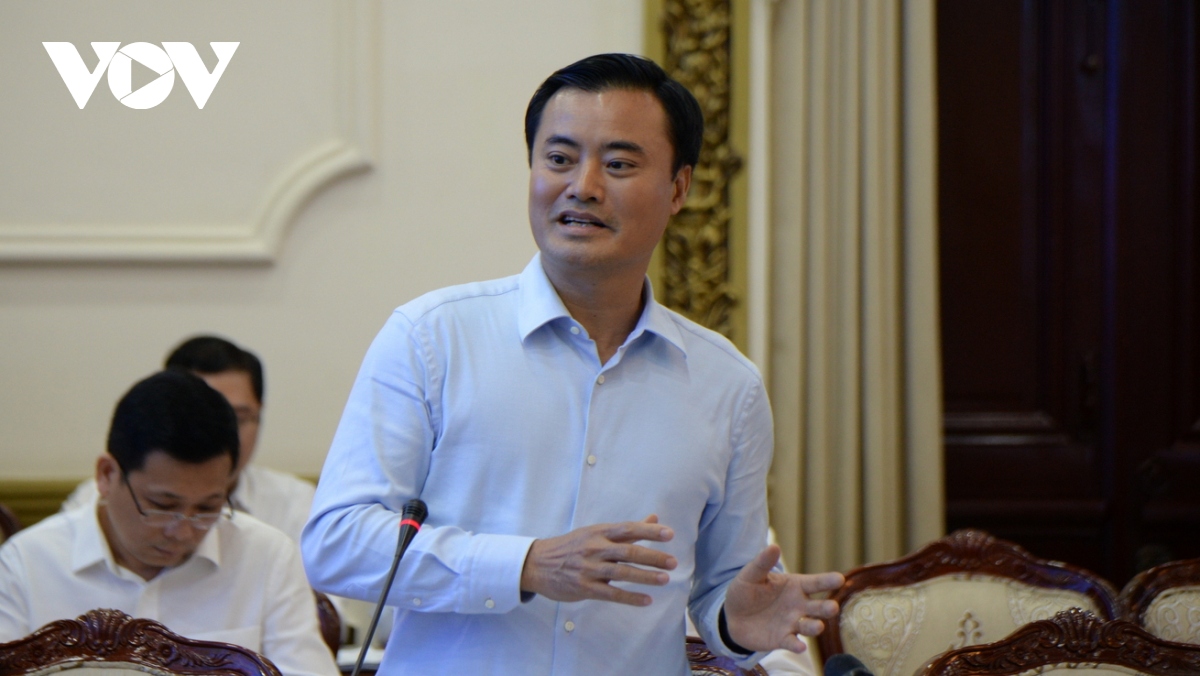
Vice Chairman of Ho Chi Minh City People’s Committee Bui Xuan Cuong (Photo: Ha Khanh)
Ho Chi Minh City People’s Committee Vice Chairman Bui Xuan Cuong assessed: “Currently, there is a substantial and highly significant resource that has flowed into Ho Chi Minh City consistently, steadily, and abundantly over many years: remittances. In 2023, this amounted to 9.46 billion USD, nearly three times that of FDI. Notably, during meetings with Ho Chi Minh City leaders, many overseas Vietnamese expressed their desire to invest even more in their homeland.”
According to many experts, remittances represent the foreign currency savings of overseas Vietnamese and Vietnamese workers abroad. These funds are typically used for various purposes, including consumption, personal expenses, business investment, or direct investment in production. However, currently, the majority of remittances are absorbed individually, failing to fully realize their potential value.
Dr. Tran Du Lich emphasized that the volume of remittances has a significant impact on the economy. In addition to improving people’s living standards, it also helps the nation balance its foreign exchange reserves…
Ho Chi Minh City currently seeks to attract more remittances, “channeling” this flow of funds into investments in technical infrastructure and social infrastructure, but Dr. Tran Du Lich believes that to achieve this, the city must first establish effective models and forms of investment, particularly through the establishment of investment funds.
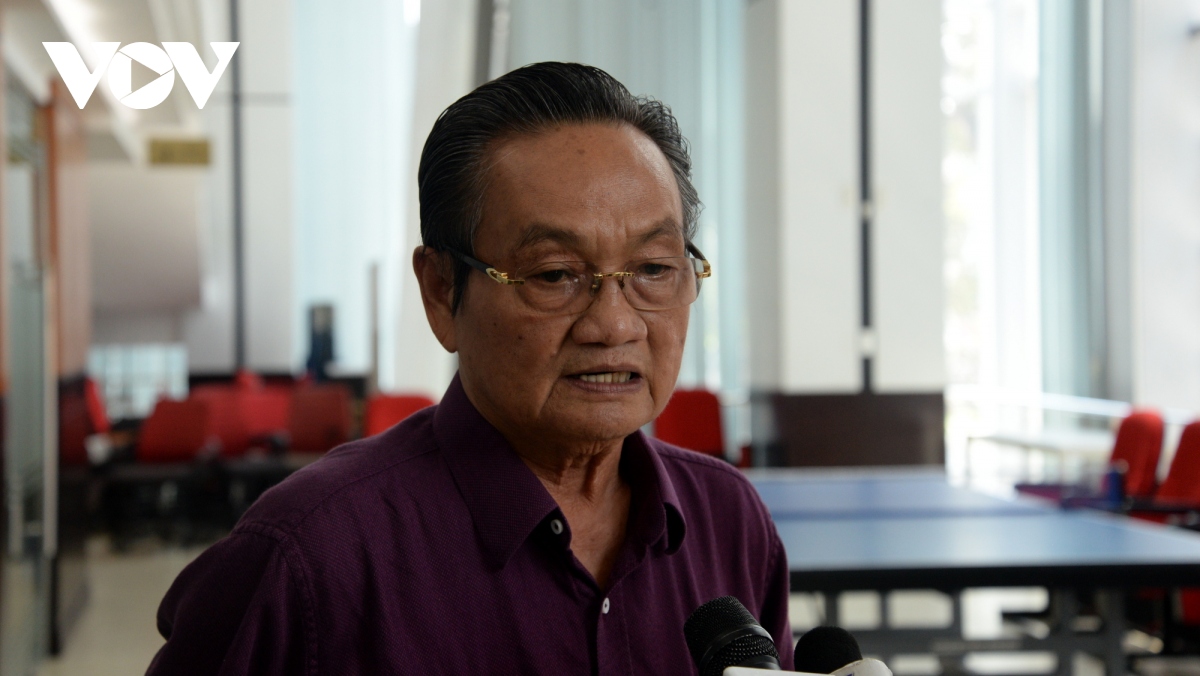
Dr. Tran Du Lich (Photo: Ha Khanh)
According to Dr. Tran Du Lich, recipients of remittances will always strive to use them most effectively. Therefore, Ho Chi Minh City needs to create “pockets” where this flow of funds can be directed, both meeting development needs and ensuring attractive returns. Ho Chi Minh City possesses a substantial and critical tool that is unavailable elsewhere: the Ho Chi Minh City State Financial Investment Company (HFIC). This entity can establish funds to attract and manage remittances, directing them towards specific projects. Alternatively, the city could issue its own bonds for major projects such as the metro, utilizing the TOD model to attract remittances.
However, remittance bonds involve foreign exchange and require the approval of the central government to be issued. Alternatively, if there are attractive bonds available, overseas Vietnamese could provide their families with funds to purchase bonds in VND.
Dr. Tran Du Lich noted that attracting these funds requires establishing a legal framework that ensures the utmost security for investors; fostering profitability and sustainability so that individuals can make informed decisions: “I am hopeful that in the near future, as Resolution 98 is implemented, a series of institutional issues will be addressed and完善d, including planning, proposing projects and works to attract investment. During this process, we must select specific projects and direct remittances towards them. If this can be achieved by 2025, we can attract this flow of funds for investment.”
Issuing Bonds, Establishing Investment Funds
Sharing the same perspective, Dr. Nguyen Tri Hieu, Director of the Institute for Research and Development of Finance and Real Estate Market – Global, believes that Ho Chi Minh City should issue bonds soon and that the necessary research and implementation should be carried out promptly.
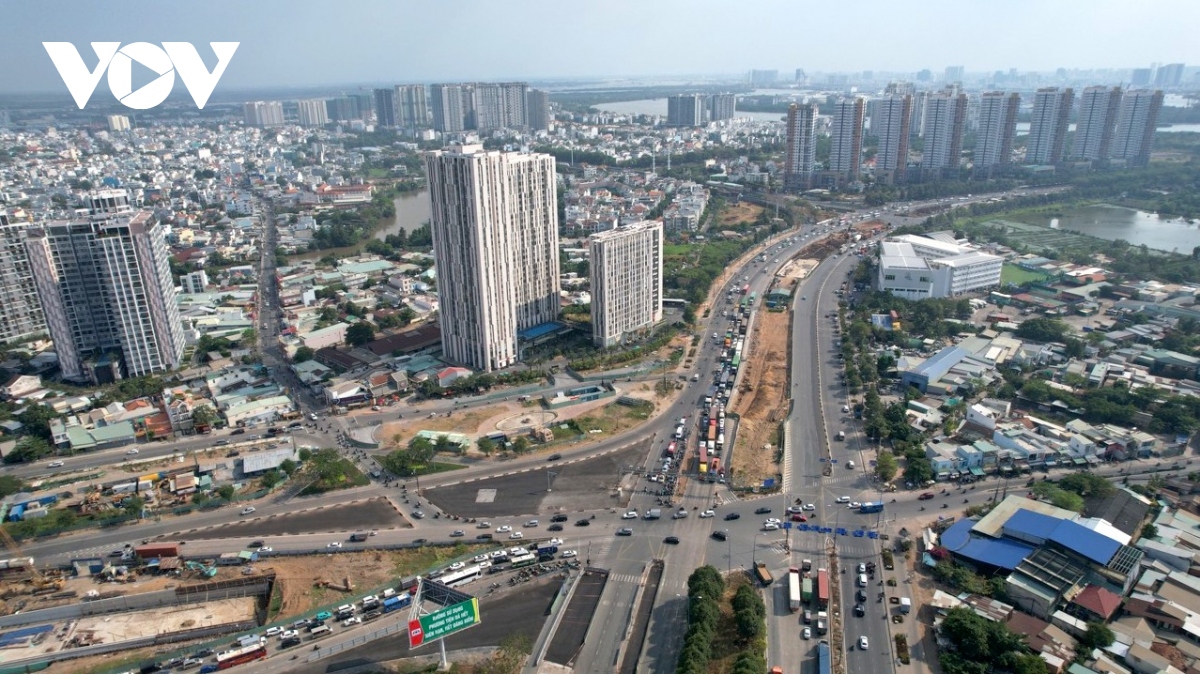
If Ho Chi Minh City can effectively utilize remittances, it will gain additional resources for development (Photo: H.A)
However, he acknowledged that the bond market in Vietnam is currently rather subdued, and investor confidence has yet to recover following incidents involving large corporations. Hieu believes that issuing bonds during this period could achieve a 70% success rate if certain conditions are met. In particular, information transparency is crucial; when issuing bonds, it is essential to clearly state that they will finance specific transportation or social infrastructure development projects, avoiding generalities. The city must convince overseas Vietnamese of the source of repayment, conduct risk assessments, and secure资产, and guarantees.
“Particularly important is the transparency of the city’s financial information, clearly identifying the source of repayment; the city has agencies and units that conduct assessments and report back to investors on the progress of project implementation. I believe that if these measures are implemented, overseas Vietnamese will place their trust in us and invest their money,” said Dr. Nguyen Tri Hieu.
According to Dr. Huynh Thanh Dien of Nguyen Tat Thanh University, in the current context of investment capital scarcity, Ho Chi Minh City needs to implement multiple initiatives to attract these remittances immediately. In recent times, many public-private partnership project programs have been slow to take off, and it is necessary to review the implementation of commitments to investors and identify any obstacles in order to find solutions; in particular, there must be legal continuity to fulfill all commitments made to investors. This will create trust and attract investors once more.
Dr. Huynh Thanh Dien believes that Ho Chi Minh City should focus on issuing project-specific bonds rather than general remittance bonds.
Ho Chi Minh City should establish specialized remittance funds for specific sectors, issuing bonds in various industries, and ensuring information transparency. This will allow overseas Vietnamese to research and send money for investment purposes.
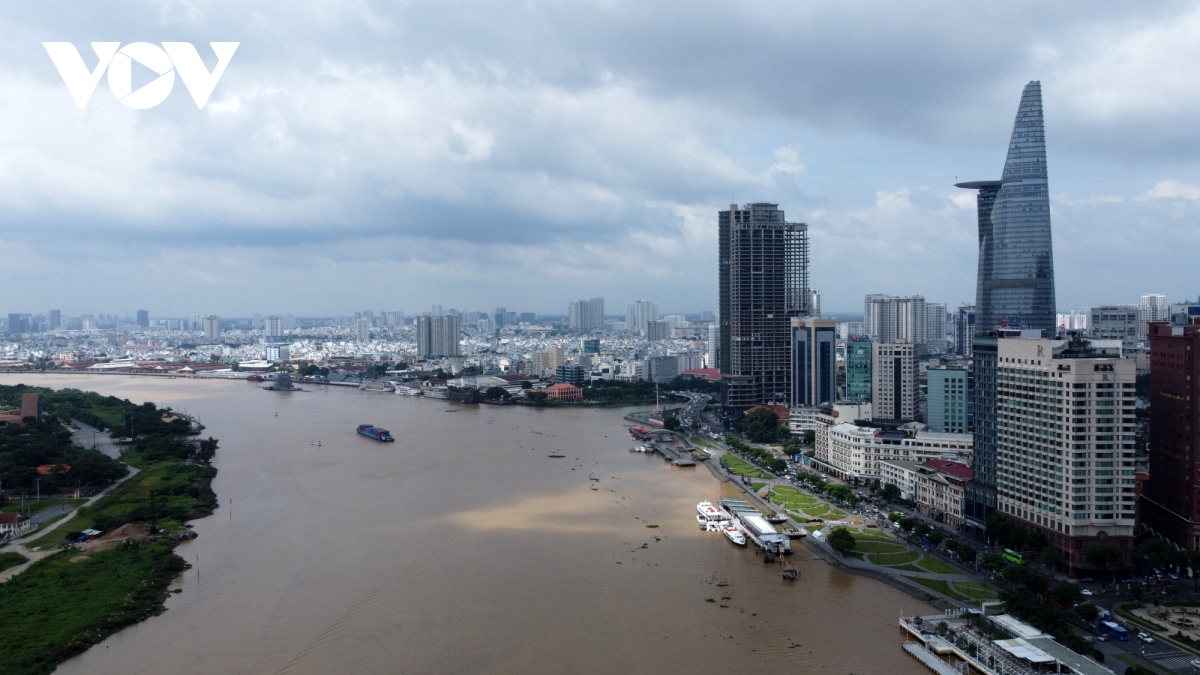
Ho Chi Minh City is currently seeking to attract more remittances (Photo: H.A)
“Overseas workers want to send money back home and invest, but they don’t have the time. This can be facilitated through investment funds. These funds will research and use the money for its intended purpose; they will only consider specific projects and industries. Investing through funds is the most effective approach; if individual issuances are made, even with 20,000 – 30,000 USD, investors will not know how to invest it,” suggested Dr. Huynh Thanh Dien.
According to the 2020-2030 Infrastructure Development Plan for Ho Chi Minh City, the city requires approximately 970,000 billion VND to invest in various projects. In the current context

